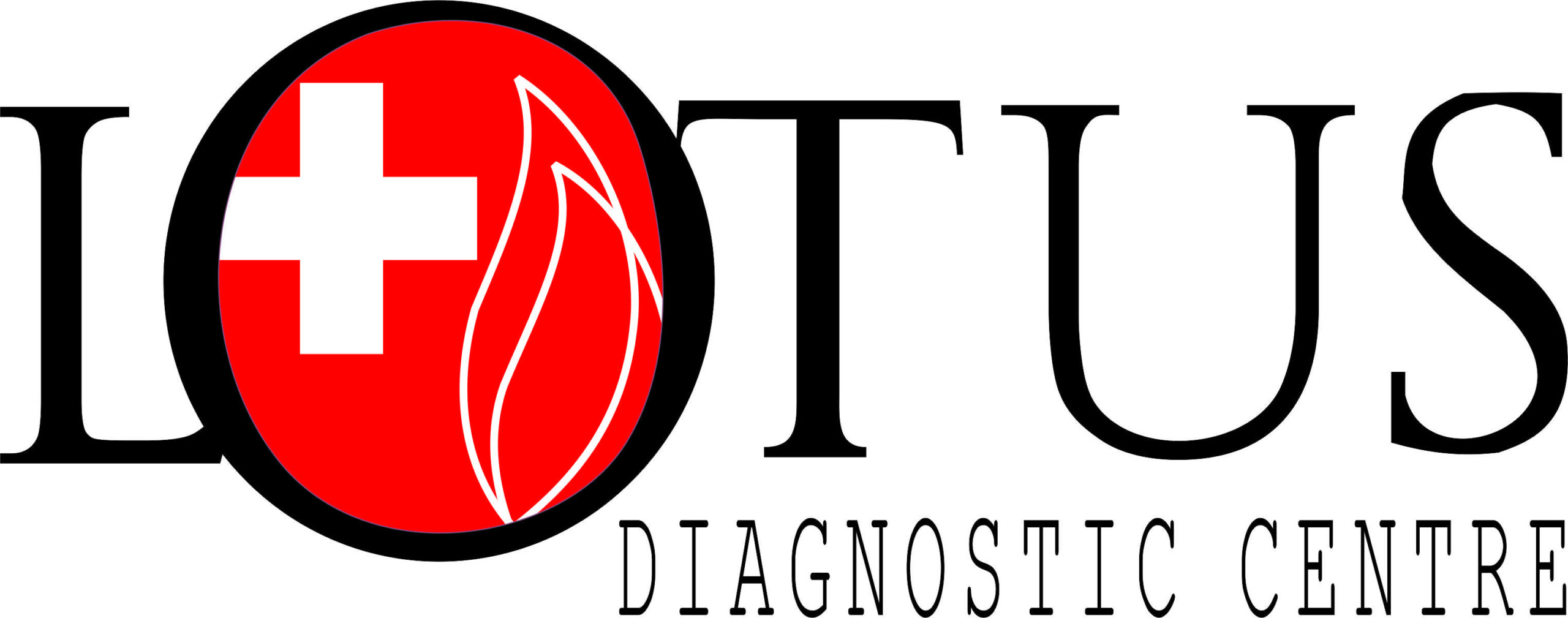
Ophthalmology
Ophthalmology at Lotus Diagnostic Centre
Eyes are the most crucial of sense organs – ones that guide us in our activities throughout our life. Eyesight can be affected due to various issues – accidents, illness, malnutrition, aging, lifestyle diseases such as Diabetes and so on. The human eye is one of the most valuable tools that we rely on every day, and our ophthalmology team offers their years of experience to ensure that any disorder faced will be diagnosed and treated promptly.
Our team of Ophthalmic specialists at Lotus Diagnostic Centre, diagnose and treat various eye-related diseases and conditions ensuring efficient cure/ management and also advise patients on the next course of action.
The goal of ophthalmologists at Lotus Diagnostic Centre is to eliminate the suffering caused by eye disorders, by providing the highest quality of medical guidance for eye care for patients. The department offers the full complement of services, including:
- Screening and treatment for common eye diseases — cataract, glaucoma and diabetes-related eye problems
- Spectacle and contact lens prescriptions
- Evaluation of patients who may have visual loss or complaints but do not know the diagnosis
Our multi-disciplinary expertise ensures care for not just primary disorders of the eye but also eye problems related to other systemic diseases like diabetes, thyroid disorders, autoimmune conditions, stroke, etc. Many eye problems are related to certain medical conditions and being a multi-specialty outpatient facility. we refer patients to other specialties for evaluation and comprehensive, multi-disciplinary treatment and management.
Why Choose Lotus?
Lotus Diagnostic has an expert panel of doctors with years of experience in concerned speciality. The clinic is equipped with its own diagnostic centre which has state of art equipments. Since we have in-house state of art diagnostic capabilities and imaging services which are housed used one roof, our patients experience seamless experience while seeking consultation, getting tests done and availing their treatment protocols.
Ophthalmology at Lotus Diagnostic Centre offers expert guidance on diagnosis and treatments of eye related ailments.
When Should You Visit an Opthalmologist
Based on the diagnosis of your condition, our ophthalmologist prescribes the most suited treatment procedures. Although it may vary from case to case, some of the commonly prescribed treatments include retina imaging, surgical interventions and dry eye management.
As eye problems and ophthalmology diseases significantly impact the quality of life, our ophthalmology services also extend to psychological support, health education and advanced care planning. In some cases where intensive care may be required, our medical practitioners recommend specific treatment procedures. These include conditions such as:
Cataract: Depending on the extent of the disorder, vision is corrected with prescription glasses or lenses / Cataract Surgery.
Glaucoma: Once this disorder is detected, steps such as prescription eye drops, laser surgery or even microsurgery will be recommended to prevent the problem from progressing and leading to blindness.
Squint: Oculoplastic corrective surgery is often recommended in most cases.
Dry eye: Dry eye management is recommended to prevent the eye from drying out, thus ensuring that the eye is well moisturised.
Neuroophthalmological: Optic nerve disease evaluation and management is often recommended to prolong functionality. The other form of treatment includes diplopia management and electrophysiology.
Red Eye – Conjunctivitis: It is an inflammation or infection of the transparent membrane (conjunctiva) that lines your eyelid and covers the white part of your eyeball. When small blood vessels in the conjunctiva become inflamed, they’re more visible. This is what causes the whites of your eyes to appear reddish.
Stye: A stye is an inflammation of the eyelid associated with a small collection of pus. In most cases, the infection is caused by the Staphylococcus bacteria.
Specialised Procedures That May Be Required
- Glaucoma evaluation
- Tonometry
- Headache assessment
- Cataract evaluation and treatment
- Refraction and prescription of glasses
- Fundus evaluation for Retinopathies including Diabetic and Hypertensive
- Chalazion treatment
- Assessment of refractive error in children
Glaucoma Evaluation
The diagnosis of glaucoma is usually made clinically and requires a comprehensive eye examination, including slit lamp, applanation tonometry, gonioscopy and dilated stereoscopic evaluation of the optic disc and retina
Tonometry
Tonometry is a method of measuring the pressure in the eye. An elevated IOP can damage the optic nerve and lead to gradual painless loss of vision.
Headache Assessment
Headache can have many causes examples includes incorrect glass prescription, eye strain due to continuous usage of monitor or mobile, when eyes are not properly aligned, migraine and other important conditions like raised eye pressure, inflammation in the eye.
Cataract evaluation and treatment
An initial evaluation is performed to determine if you have a cataract, and whether it can be safely removed. A full eye exam is performed during this visit, which involves dilating the eyes. Furthermore, we determine if cataract surgery will improve your vision.
Refractive correction
Refractive errors are corrected with eyeglasses, contact lenses, or surgery. The best will be advised by our doctors.
Fundus evaluation for retinopathy including Diabetic, Hypertensive
Diabetic retinopathy is increasingly becoming a major cause of blindness throughout the world in the age group of 20–60 years. Early screening helps for better diagnosis, treatment and helps to retain good vision.
Chalazion – lncision & Curretage
Incision and curettage area surgical method of treatment for a chalazion. Chalazion is a condition of swelling in the eyelid. It is usually non-infective and painless and can occur in both upper and lower eye lids. Incision and curettage are performed under local anaesthesia.
Assessment of reflective error in school age children
Refractive error is one of the leading causes of treatable blindness in school age children. There is a need to have regular vision testing in school children. Cost effective strategies are required to eliminate this easily treatable cause of vision impairment.
Our Ophthalmology Specialists

